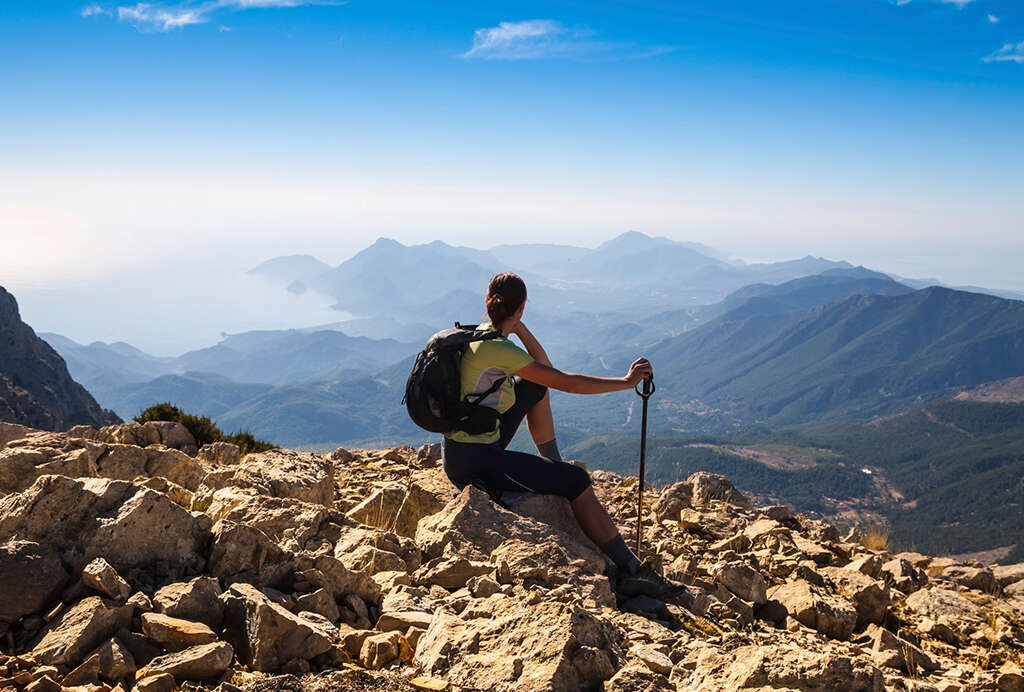10 Altitude Sickness Symptoms
Mountain climbing is a challenge that many people relish, with some attempting to scale the world’s tallest mountains. It is a challenge that requires a lot of hard work, though, so only the healthiest and fittest should consider giving it a try. In addition to the physical exertion, there is also the possibility of serious injury, and the environmental conditions can be extreme.
For example, the air is less dense at high altitudes, which means that there is less oxygen. Also, our bodies create an appropriate amount of red blood cells for the altitude we are normally at. If time is not taken to acclimate the body will not be able to create and sustain enough red blood cells for adequate oxygen transfer around the body. This can lead to altitude sickness. The condition has various symptoms and is generally caused by ascending too quickly without giving the body time to adjust to the changing environmental conditions.

Symptom #1: Headaches
Headaches can occur for a number of reasons,, so it can be difficult to diagnose the specific cause. Climbers who are beginning to feel the effects of altitude sickness often get headaches.
Having a headache while climbing at a high altitude is not a good thing. Because of the risks involved, it is best to be cautious and slow one’s ascent or to consider stopping altogether if a headache develops.

Symptom #2: Nausea
Nausea is a very common, unpleasant symptom caused by many ailments. Factors such as unpleasant odors or receiving shocking news can also bring on nausea, so it’s not necessarily always due to illness. Quite often, but not always, nausea will also lead to vomiting.
Nausea can be quite debilitating and inconvenient for climbing. It may require stopping to rest, or it may become reckless to continue climbing, especially if the symptoms do not pass. Vomiting is also problematic because it affects one’s ability to get the nutrition he or she needs.
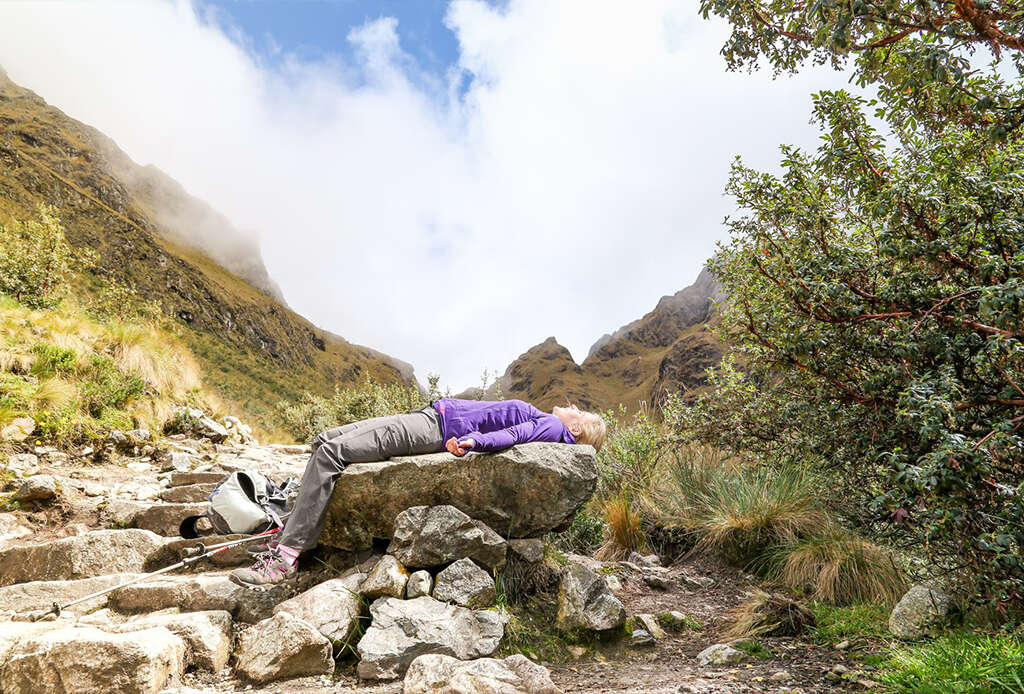
Symptom #3: Irritability
The cardiovascular system supplies the body with all the oxygen and nutrients that it needs so that all bodily functions operate as they should. However, sometimes this supply of oxygen and nutrients is interrupted.
When the body isn’t getting the supplies that it needs, it can cause people to become irritable. The symptom tends to be completely involuntary. Such irritability is a sign that the climber should slow down or not go any farther.
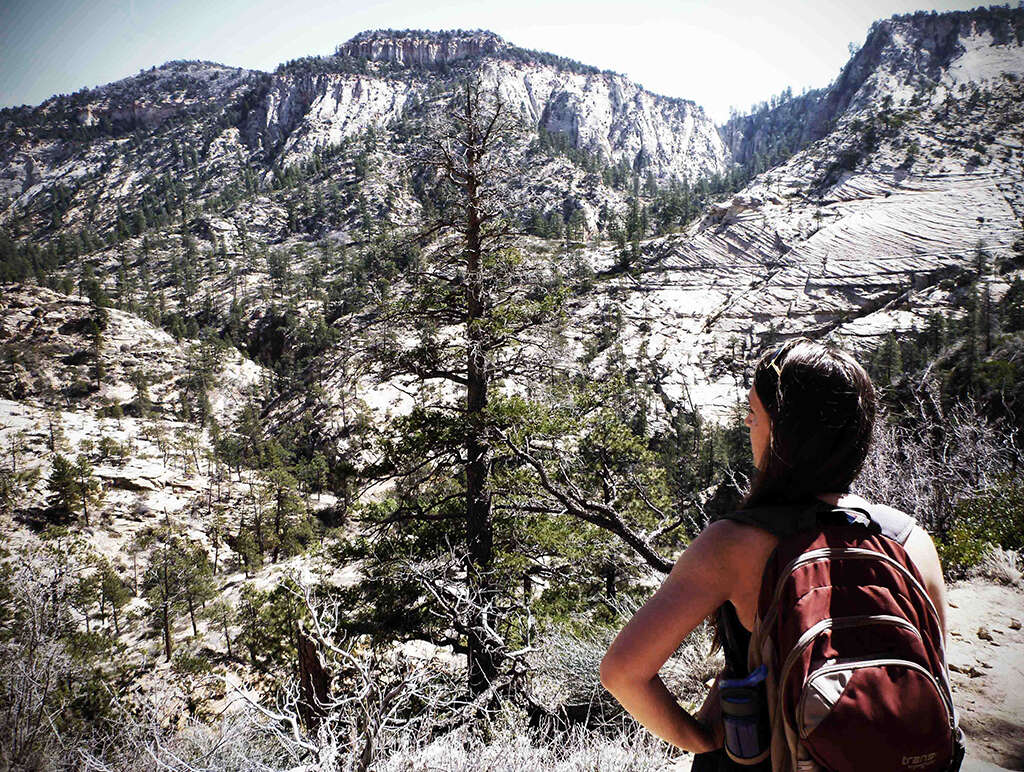
Symptom #4: Aching Muscles
The muscles need a constant supply of oxygen to help them function. The harder they work, the more oxygen they need in order to operate as efficiently as possible. However, when there is not enough oxygen around, complications can develop.
When climbing in high altitudes, the muscles are likely already working hard, requiring more oxygen than usual. The insufficient amount of oxygen in the air combined with a lack of red blood cells to deal with higher altitudes exacerbates the problem. The muscles start to ache, making it harder to keep moving.
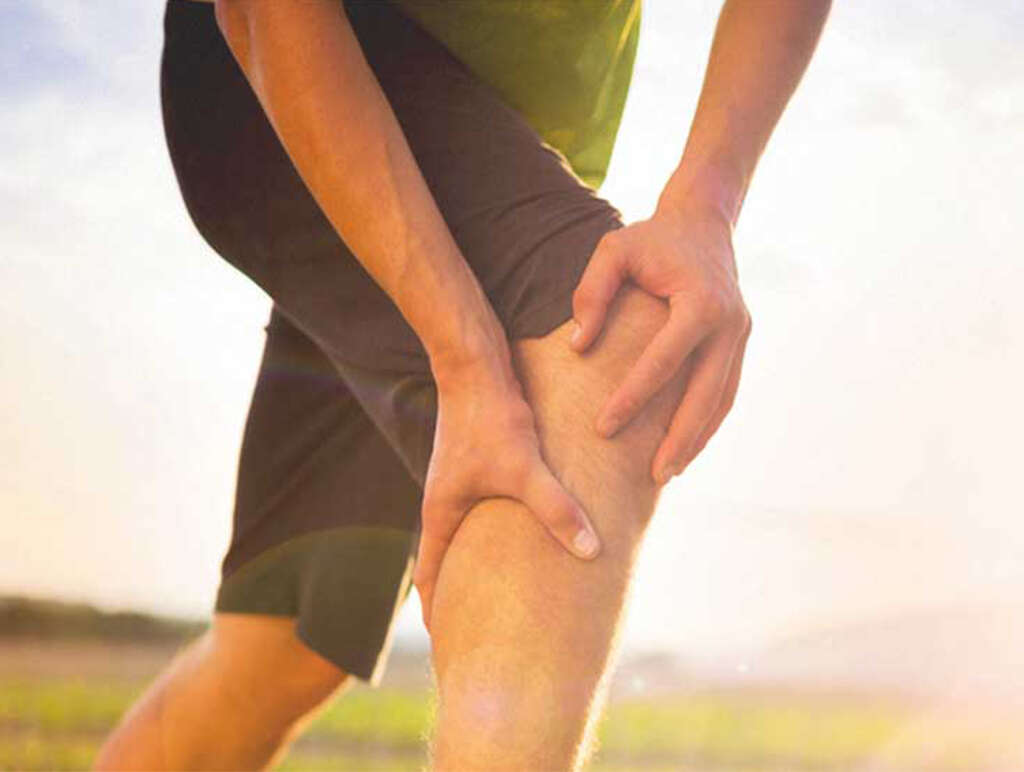
Symptom #5: Dizziness
The brain needs a constant supply of oxygen and nutrients in order to function. If there is not enough oxygen in the air, the brain soon feels the impact. A lack of oxygen makes people feel dizzy, and they can struggle with their coordination as a result.
Dizziness is a pretty sure sign that someone is suffering from altitude sickness. People should either slow the rate of ascent or stop climbing.
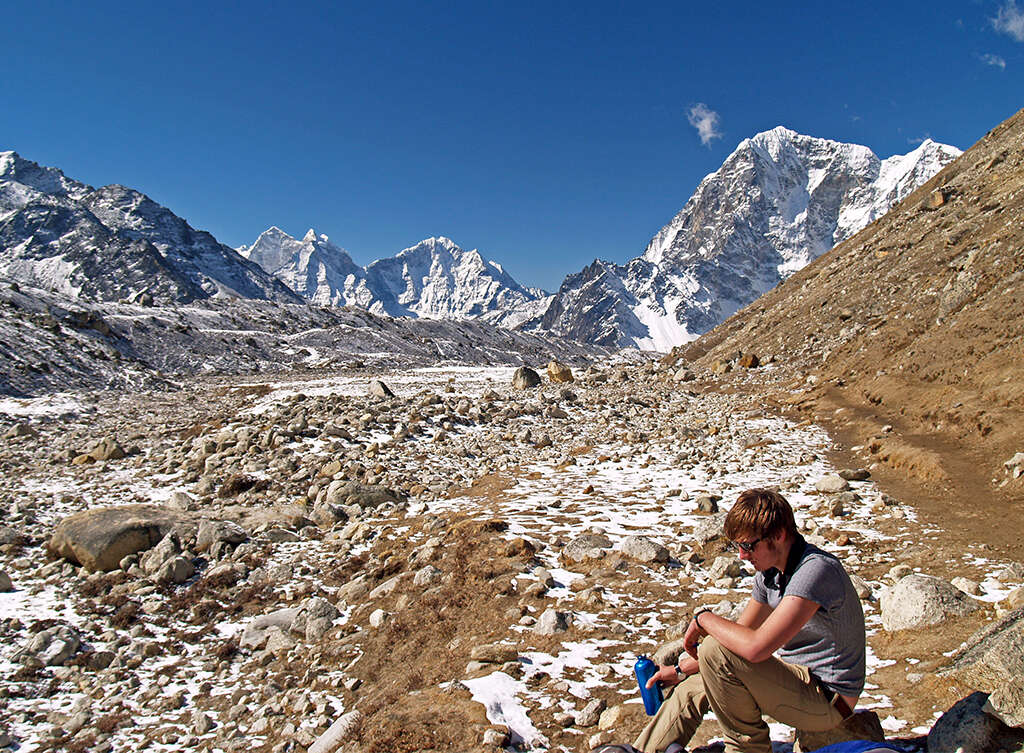
Symptom #6: Insomnia
Getting a good night’s sleep is very important for good health even when not climbing to high altitudes. Sleep is even more important after prolonged physical exertion, such as mountain climbing. Unfortunately, a symptom of altitude sickness is insomnia.
No matter how tired a person may be after climbing all day, it can be very difficult to get any sleep at all. This can be problematic if someone has to start climbing again the next day.

Symptom #7: Fatigue
Mountain climbing is hard work, so it is something that should be attempted only if a person is in good physical condition. It requires people to push themselves even when they feel tired,, but this is not usually a problem for people who are used to hard physical exercise.
When the body is working hard, though, it needs a lot of oxygen to feed the muscles and the rest of the body. Without sufficient oxygen, the body can become extremely tired, making it considerably harder to continue.

Symptom #8: Loss of Appetite
Working hard burns up a lot of fuel, so mountain climbers need to consume a lot of food. Food provides the energy, vitamins, and other nutrients they need to stay healthy during their climb. However, the digestion of food requires oxygen, so if there is less oxygen available, then the digestion process will slow down.
When food doesn’t digest as well as it should, people don’t crave food as much as they otherwise would, causing a loss of appetite that could ultimately be detrimental to their health.
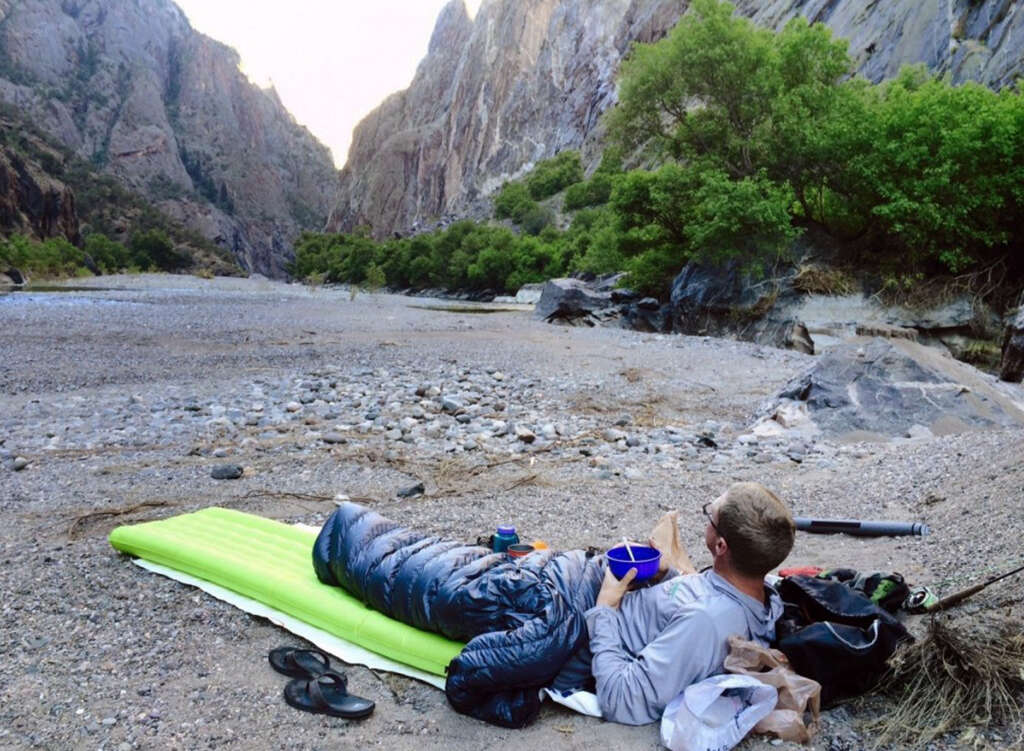
Symptom #9: Swollen Hands and Feet
The internal organs help to regulate the levels of various compounds in the blood and to maintain the vessels that transport blood and other fluids throughout the body. This helps to keep everything running smoothly, but the body is not in perfect balance all the time.
When reaching a high altitude without first acclimating, for instance, fluid levels can be thrown out of balance. This can result in some unusual symptoms, including swelling of the hands and feet, which can make it difficult for mountain climbers to wear gloves or other protective clothing.
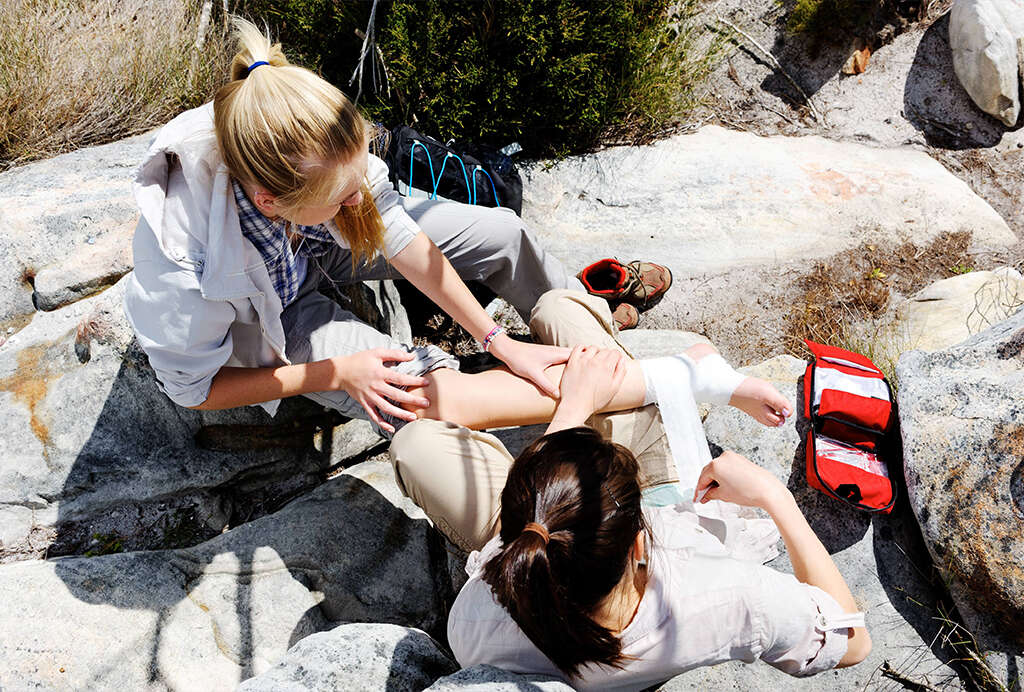
Symptom #10: Rapid Heartbeat
The fitter and healthier a person is, the better the heart is able to pump blood around the body. A strong heart enables more blood to be pumped with each contraction of the heart muscles, so fewer contractions are needed. This results in a slower heartbeat.
The heart pumps oxygen-rich blood from the lungs to the rest of the body. However, if there is less oxygen in the blood, the heart needs to pump more blood in order to supply the necessary oxygen. Therefore, the heart will compensate by pumping faster to try and supply more oxygen.
